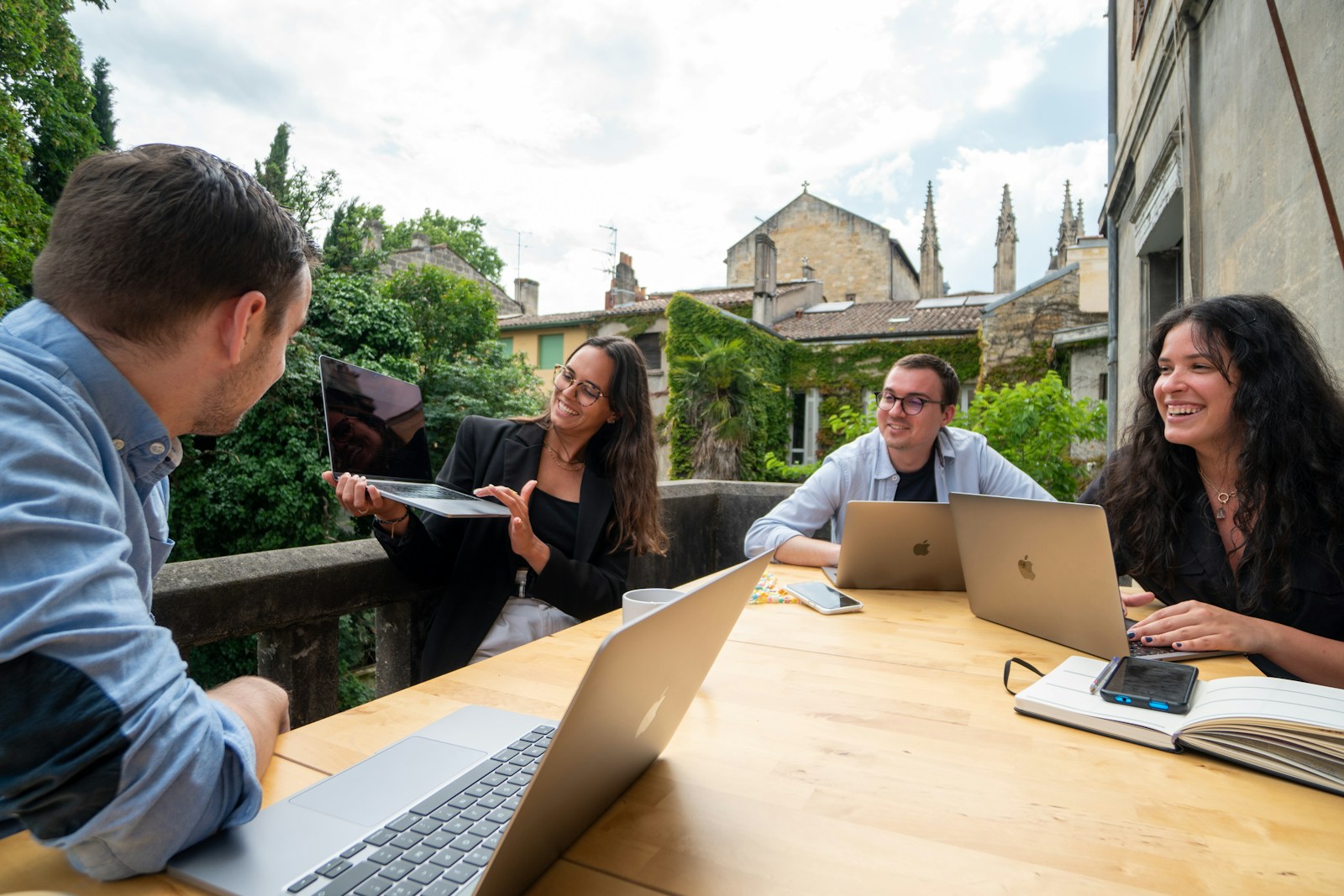Obtaining a work permit and a residence permit are essential aspects for foreigners wishing to work in Romania who are in the process of integrating into the Romanian labor market. These documents are regulated by the current legislation and are crucial to ensure a legal and transparent environment for the employment and activities of foreigners in the country. In this article, we will explore in detail the requirements and procedures associated with obtaining a work permit and a residence permit in Romania, as well as their impact on foreigners who wish to pursue their careers in this country full of opportunities.
The Government Emergency Ordinance no. 194/2002, which regulates the regime of foreigners in Romania, is currently undergoing modifications. According to the proposals, certain key aspects are being targeted, with a significant impact on the procedures for work permits and residence permits for foreigners.
1. Termination or suspension of the legal relationship with the foreigner
In the current version of the law, host entities in Romania are required to inform the territorial formation of the General Inspectorate for Immigration regarding the termination or suspension of the legal relationship with the foreigner within 30 days from the date of the event.
In the proposed changes, these deadlines have been reduced. According to the new wording, notifications regarding changes in the foreigner’s situation must be made within 10 days from the date of the event.
2. Extended term and simplified process for secondment to Romania
In the current version of the law, the foreigner can apply for a long-stay visa for detachment within 60 days from the date of obtaining the detachment approval by the host entity in Romania.
In the proposed changes, the deadline for the foreigner to apply for a long-stay visa for detachment has been extended from 60 days to 90 days from the date of obtaining the detachment approval by the host entity in Romania.
The proposed 90-day deadline applies exclusively to detachment in Romania. For foreigners coming to Romania for employment purposes, the deadline of 180 days from the date of issuing the work permit remains in effect.
3. Reduction of the maintenance means amount for the sponsor
In the current version of the law, it is stated that the applicant must provide proof of means of subsistence, in addition to those necessary for their own support according to the law, in an amount corresponding to the gross minimum wage guaranteed by law for each family member.
In the proposed changes, Article 46, paragraph (9), letter c) mentions that the applicant must provide proof of means of subsistence, in addition to those necessary for their own support according to the law, in an amount corresponding to the gross minimum wage guaranteed by law for each family member, for a period of 3 months.
4. Family reunification becomes faster
In the current version, the process of family reunification can only commence after the sponsor has obtained the Blue Card.
However, according to the proposed changes, Article 51, paragraphs (3) and (8) will allow for a simultaneous processing of the request for the extension of the residence right of the holder of the EU Blue Card and the requests for the extension of the residence right of their family members. In other words, all these requests will be processed at the same time.
5. Right of residence for highly skilled workers
In the current version, the minimum salary for highly qualified individuals was at least twice the gross average wage, and the validity period of the residence permit was a maximum of 2 years.
In the proposed version, the salary requirement is set at the level of the gross average wage, and the validity period of the residence permit can be extended up to 3 years.
6. The right of temporary residence for highly qualified workers within mobility
A new article is proposed to be introduced, which extends the rights of highly qualified workers and facilitates their mobility within the European Union. The proposed changes allow holders of a European Blue Card to enter and stay in Romania for 90 days within any 180-day period to engage in economic activities. According to the current legislation on foreigners, a work permit is no longer required. These changes facilitate mobility and expand the rights of highly qualified workers in Romania and the European Union.
7. Relocation to Romania for the purpose of highly-qualified employment
In the current form of the law, it is stipulated that after 18 months of legal residence in the first EU Member State as a holder of the European Blue Card, the foreigner can move to Romania for the purpose of taking up a highly qualified job, and their family members can have their residence rights extended according to the provisions of paragraph (1), with the obligation to present the residence permit issued by the first Member State.
In the proposed form of the law, the period of legal residence in the first Member State has been reduced from 18 months to 12 months. Therefore, after 12 months of legal residence in the first Member State as a holder of the European Blue Card, the foreigner can move to Romania for the purpose of taking up a highly qualified job, and their family members can have their residence rights extended according to the provisions of paragraph (1), with the obligation to present the residence permit issued by the first Member State.
8. Foreigners entering Romania for the purpose of conducting scientific research activities
In the current form of the law, it was provided that foreigners entering Romania for the purpose of conducting scientific research activities would have their temporary residence permit extended if they present the hosting agreement approved by the Ministry of Research and Innovation.
In the proposed form of the law, foreigners entering Romania for the purpose of conducting scientific research activities will have their temporary residence permit extended if they present the following documents: (i) the hosting agreement approved by the Ministry of Research, Innovation, and Digitalization, and (ii) proof of sufficient means of subsistence, in the amount of at least the gross minimum wage guaranteed by law, for a period of at least 6 months.
9. Theft, loss, damage, or destruction of the residence permit
The current form of the law requires the holder of the residence permit to inform the Romanian Immigration Office about the theft, loss, damage, or destruction of the permit within a maximum of 5 days. Violations provided by the law are subject to fines ranging from 100 to 500 lei.
The proposed form of the law states that the holder of the residence permit must notify the General Inspectorate for Immigration at their place of residence or domicile about the theft, loss, damage, or destruction of the permit within a maximum of 10 days. Additionally, an increase in fines for individuals has been proposed in case of non-compliance with the obligation to report their residence, failure to declare the passport, failure to submit a new permit when changing address, failure to comply with the deadline for extending the temporary residence right, and failure to meet the deadline for reporting the theft, loss, damage, or destruction of the residence permit or passport.
10. Increase in the number of working hours for students in Romania who wish to work part-time without obtaining a work permit
The current form of the law allows foreign nationals who hold a temporary residence permit for studies to be employed in Romania without a work permit only through a part-time employment contract with a maximum working time of 4 hours per day.
The proposed form of the law allows foreign nationals who hold a temporary residence permit for studies to be employed in Romania without a work permit only through a part-time employment contract with a maximum working time of 6 hours per day. This means that they would be able to work more hours per day without the need for a work permit.
In conclusion, it is important to note that the mentioned amendments in this article represent only a selection of proposals for updating the law and they have NOT been implemented yet. They would require official approval and adoption before becoming an integral part of the legislation. We will continue to provide updates once these changes are officially confirmed.


NESTLERS TEAM
Driven by passion and shaped by years of experience in global mobility, we’re ready to take the leap with you. Even if that leap means you’re bringing in your first employee from abroad, or you’ve already been through this process countless times.





